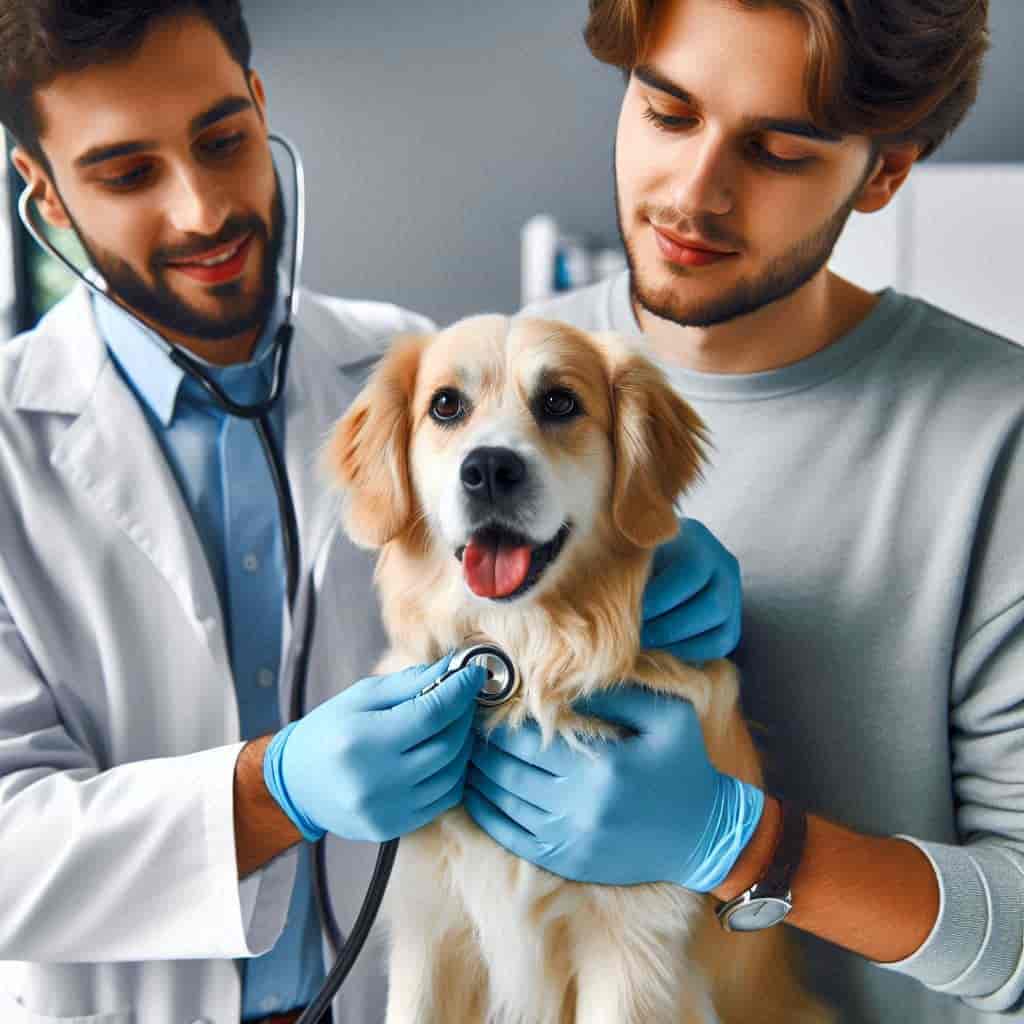Cosari BP Monitor is an innovative tool that significantly maintains animal health, particularly for pet owners and farmers. What’s cool about this is it effectively monitors animal blood pressure, permitting the early identification of potential health concerns and supporting their overall health and wellness.
Utilizing the Cosari BP Monitor for Animal Well-Being
Ensuring a balanced diet is essential for keeping the health of all animals. They need proteins, carbohydrates, fats, vitamins, and minerals. Pet owners should choose high-quality commercial foods tailored to their pet’s species and life stage. It’s essential to consult with a veterinarian or animal nutritionist for expert advice. Livestock nutrition is also vital, as cattle, sheep, pigs, and poultry have different dietary needs.
Providing well-balanced feeds is essential for their growth, reproductive performance, and overall health.
The Role of Preventive Veterinary Care

Regular veterinary care is essential for maintaining animal health. Check-ups help monitor health, administer vaccinations, and identify potential issues early. Vaccinations defend against common diseases like rabies, distemper, and parvovirus in pets and foot-and-mouth disease in livestock. Preventative treatments like parasite control are vital for maintaining animal health and comfort.
Creating a Safe Living Environment
A safe living environment is essential for animal health like by providing a clean, comfortable space, access to fresh water, and secure areas for exercise. Pet owners should be aware of potential home hazards, such as toxic plants and chemicals. Sturdy enclosures and proper sanitation are crucial for preventing the spread of diseases in livestock.
Staying Informed and Engaged
As a responsible animal owner or farmer, staying informed about the latest improvements in animal health is essential. Many resources are available, including veterinary clinics, agricultural extension offices, and reputable online platforms. Engaging with local veterinary services can also provide tailored advice and support.
Community programs or workshops can enhance your understanding of animal health practices. Sharing adventures and knowledge with other pet owners and farmers fosters a sense of community and encourages best practices for animal care.
Pet owners and farmers must prioritize animal health through proper nutrition, preventive veterinary care, and a safe living environment. By staying informed and committed, you can contribute to the well-being of your animals and, ultimately, to the health of your community. Healthy animals are happier and enrich our lives in countless ways.


